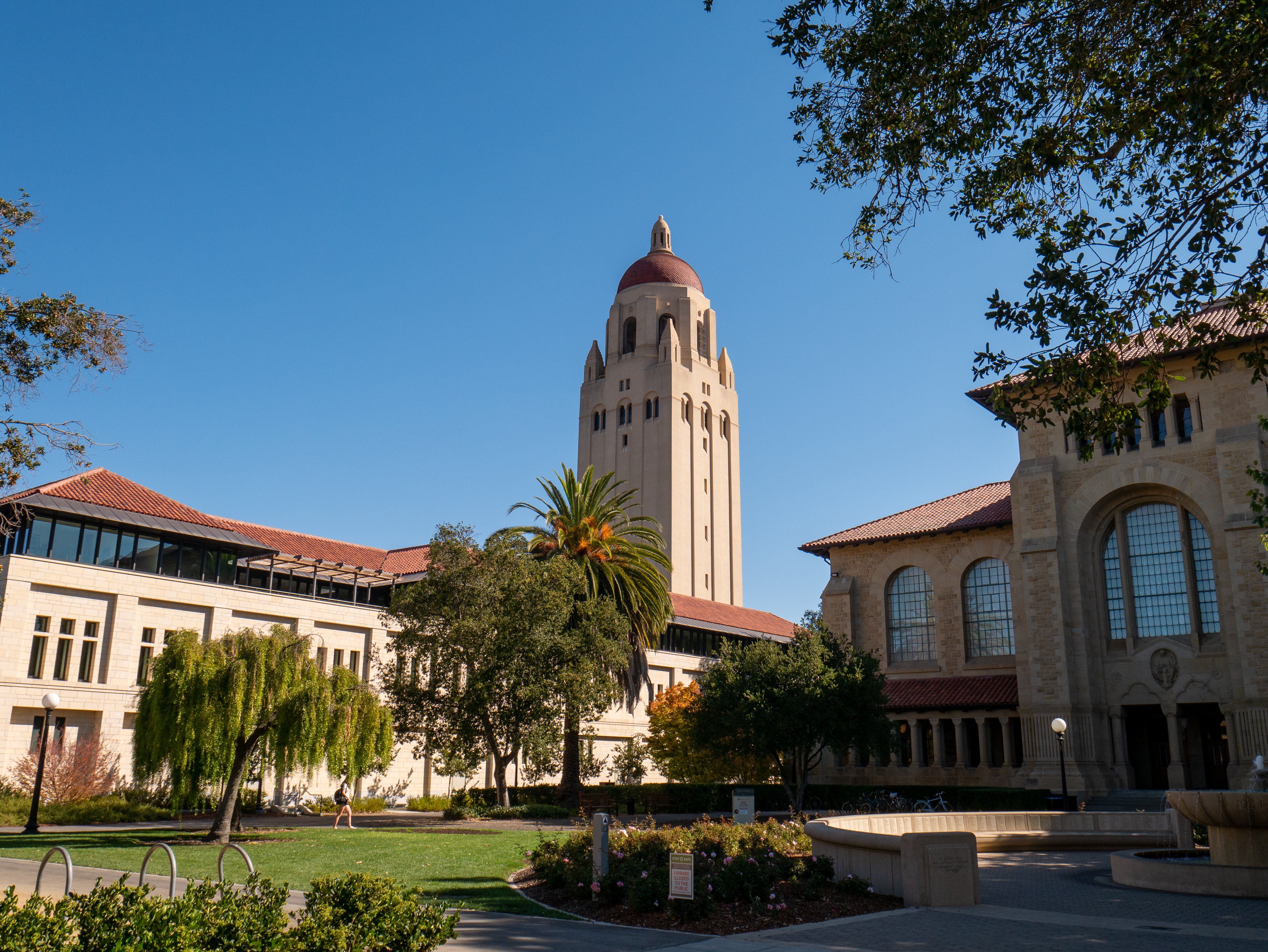On Tuesday, the Board of Trustees responded to overwhelming student concern about Stanford’s investments in companies that profit off of Israel’s war on Gaza, refusing to take action on demands for divestment.
This update is just the latest in Stanford’s deliberations surrounding divestments from its controversial investment portfolio. Last year, Stanford students voted to support divestment, and they had filed the required paperwork to get the board to act.
The board’s decision is not altogether unexpected. What was exceedingly disappointing was the way they rationalized their decision:
Just as the University does not take positions on partisan or political issues, the Trustees maintain a strong presumption against using the endowment as an instrument to advance any particular social or political agenda.
It further provides that the Trustees “may choose to take no action on a request if an issue is divisive within the campus community.” The board additionally reaffirmed in a recent resolution the “avoidance of institutional orthodoxy” as a critical principle that supports Stanford’s environment of free inquiry.
The misrepresentation, obfuscation and bad faith we find here is mindboggling.
What is abhorrent, and why they fail logically and ethically, is that exactly one paragraph after the phrase (“if an issue is divisive within the campus community”), the board’s very own policy makes this exception:
The Trustees recognize that very rare occasions may arise when companies’ actions or inactions are so abhorrent and ethically unjustifiable as to warrant the University’s dissociation from those investments. Such activities include apartheid, genocide, human trafficking, slavery, and violations of child labor laws. These instances may be reviewed on a case-by-case basis and must meet the very high bar articulated above.
Once we read what the board failed to disclose in order to make its case, we are now placed on a very different terrain.
The board needs to explain why they feel the issues of apartheid and genocide are irrelevant to its decision to ensure a transparent deliberative process. By obfuscating their policy for exceptions and failing to address them in their reasoning, the board is shirking its responsibility.
Given the widespread coverage and analysis of the war in Gaza, which points to war crimes and genocide committed by Israel, the University must clarify why this situation does not meet their “very high bar” for investment dissociation. Given the clear parallels between the exceptions stated in the policy and the current situation, it appears that the board deliberately omitted these exceptions in order to avoid addressing them.
The legal literature on Israel’s acts of genocide and apartheid are voluminous — here are just some recent decisions from the world’s highest courts on international humanitarian law and human rights.
On July 19, 2024, the International Court of Justice found Israel responsible for apartheid. The New York Times noted:
“The Israeli settlements in the West Bank and East Jerusalem and the regime associated with them have been established and are being maintained in violation of international law,” the court’s president, Nawaf Salam, said as he issued the 83-page opinion at the Peace Palace in The Hague.
The court also said that Israel’s presence in the territories should come to an end “as rapidly as possible” and that Israel was “under an obligation to provide full reparation for the damage caused by its internationally wrongful acts to all natural or legal persons concerned.”
Tirana Hassan, executive director of Human Rights Watch, stated:
In a historic ruling the International Court of Justice has found multiple and serious international law violations by Israel towards Palestinians in the Occupied Palestinian Territory, including, for the first time, finding Israel responsible for apartheid. The court has placed responsibility with all states and the United Nations to end these violations of international law. The ruling should be yet another wake up call for the United States to end its egregious policy of defending Israel’s oppression of Palestinians and prompt a thorough reassessment in other countries as well.
Earlier, in January, the same court found South Africa had a right to bring its case against Israel and that Palestinians had “plausible rights to protection from genocide” — rights which were at a real risk of irreparable damage. This finding now requires the court to do a full investigation into the case presented by South Africa.
And just five days ago, on Oct. 10, the UN Independent International Commission of Inquiry on the Occupied Palestinian Territory asserted:
Israel has perpetrated a concerted policy to destroy Gaza’s healthcare system as part of a broader assault on Gaza, committing war crimes and the crime against humanity of extermination with relentless and deliberate attacks on medical personnel and facilities, including East Jerusalem, Israel said in a new report today.
So — Board of Trustees, why doesn’t this meet your “high bar” for divestment actions? If it doesn’t, what would?
If we are to have “civil discourse” on campus, then a prerequisite is trust, honesty and forthrightness. That trust is eroded when the board publishes such a misleading rationale for its rejection of the divestment appeal.
And make no mistake — in excerpting their own policy to suit their purposes, the board indeed took a political position.
David Palumbo-Liu is the Louise Hewlett Nixon Professor and professor of comparative literature at Stanford University. He is representing Stanford Faculty and Staff for Justice in Palestine.
